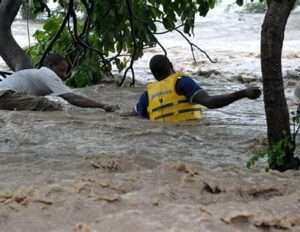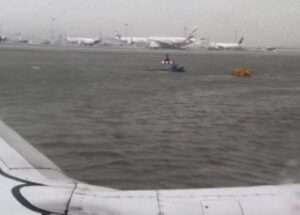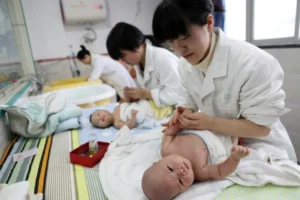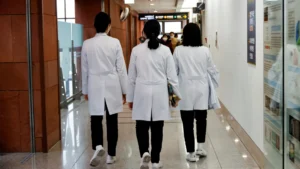Russia halts participation in Black Sea grain deal: Kremlin
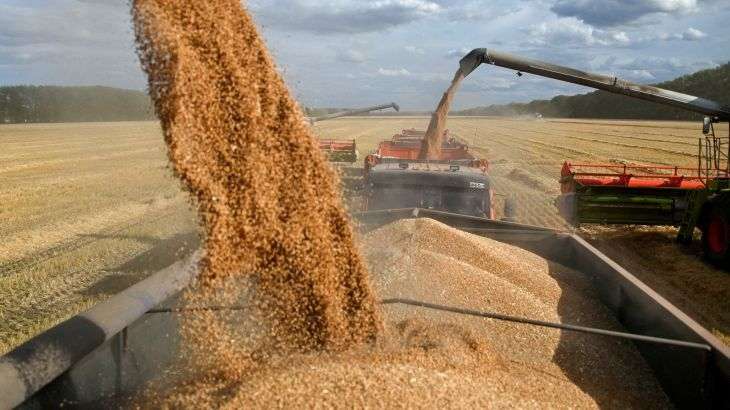
Kremlin says its conditions for extending deal brokered by the UN and Turkey had not been fulfilled.
The Kremlin says Russia has halted its participation in a deal that allowed war-torn Ukraine to ship grain through the Black Sea to parts of the world struggling with hunger, dealing a blow to global food security after Moscow’s invasion last year sent prices soaring.
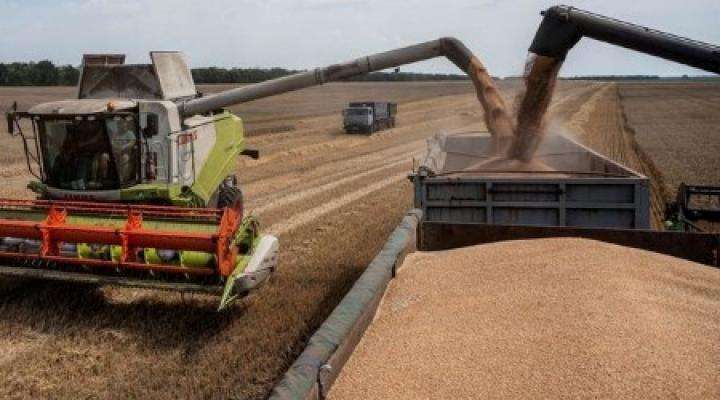
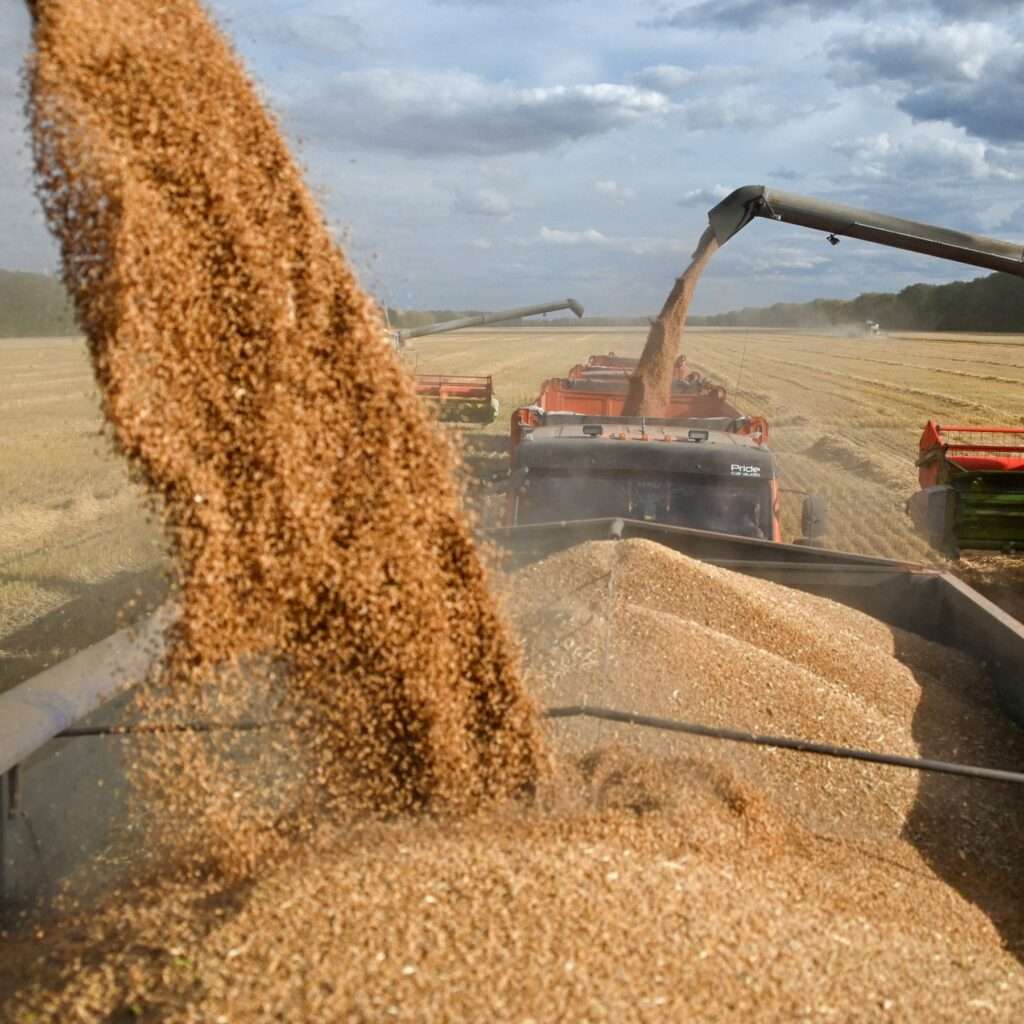
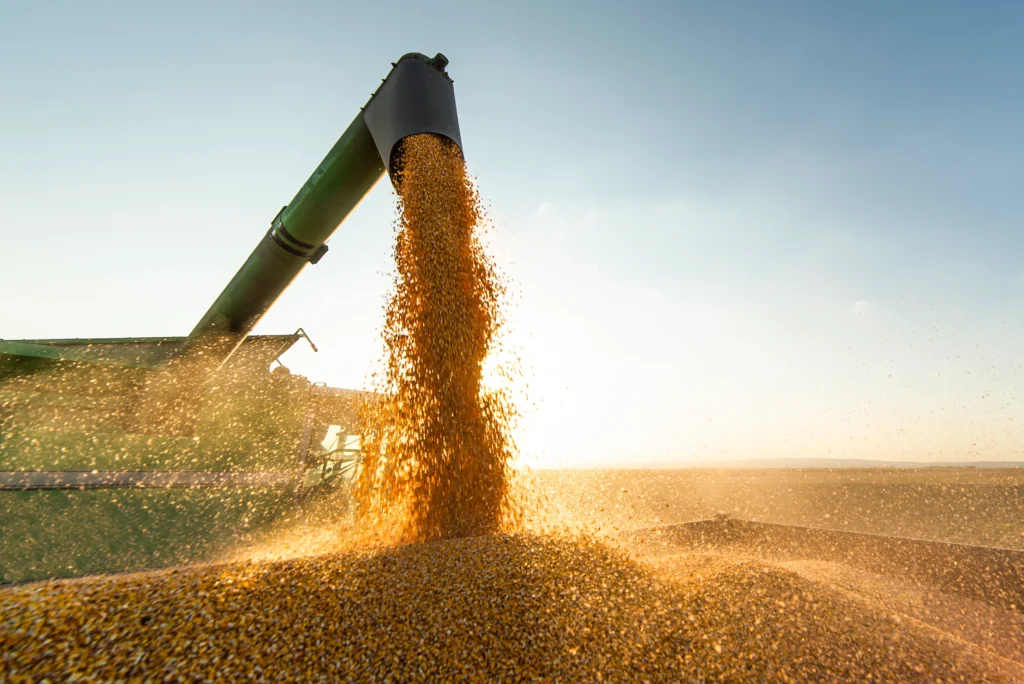
The United Nations and Turkey brokered the landmark accord with Ukraine and Russia in July last year, which came with a separate agreement to facilitate shipments of Russian food and fertiliser that Moscow insists has not been applied.
The Black Sea deal has been extended several times and was due to expire on Monday evening as Russia refused any further extension citing its reasons.
More than 32 million metric tonnes of corn, wheat and other grains have been exported by Ukraine under the arrangement, with the last ship leaving Ukraine on Sunday.
“The Black Sea agreements ceased to be valid today,” Peskov told reporters on Monday afternoon.

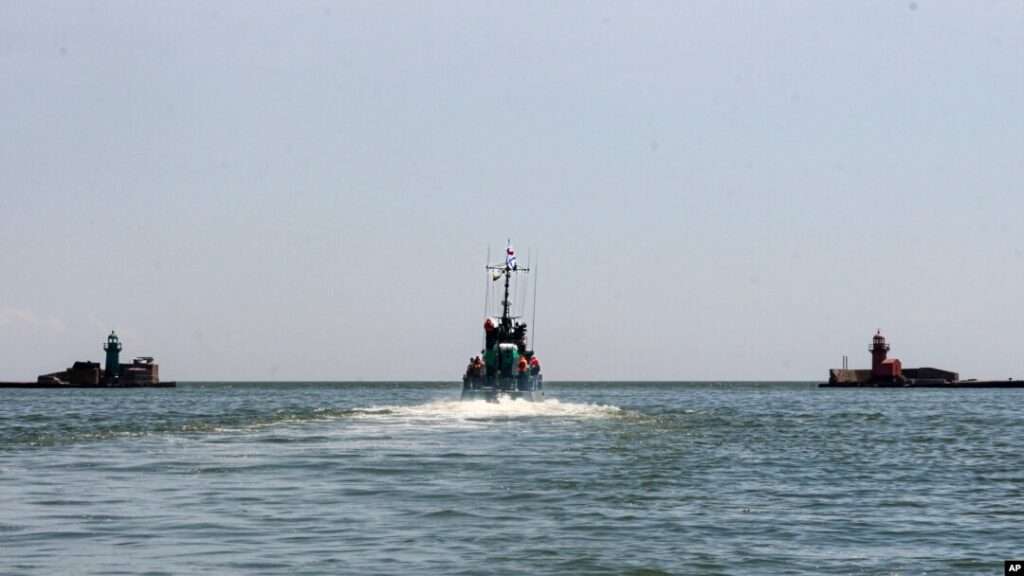
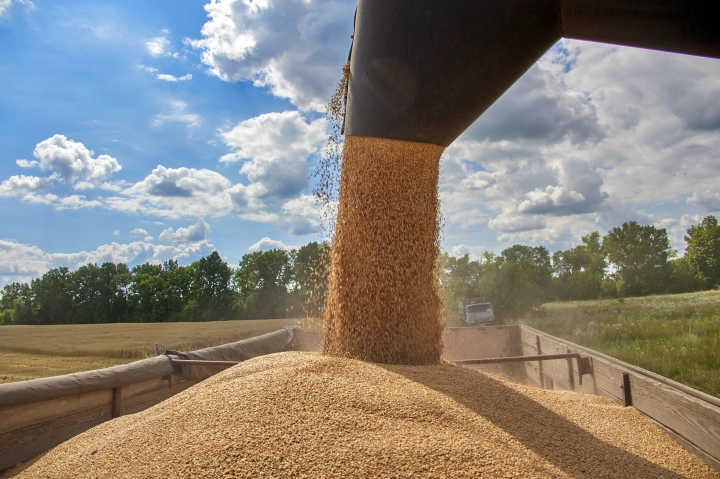
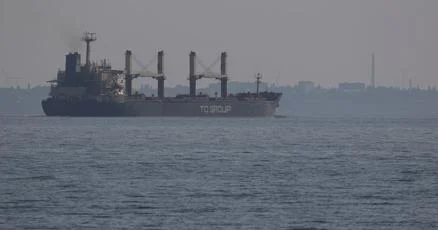
“Unfortunately, the part of these Black Sea agreements concerning Russia has not been implemented so far, so its effect is terminated,” he said, adding that Moscow would “immediately” return to the deal “as soon as the Russian part of the agreements is fulfilled”.
Russia has notified Turkey, Ukraine and the UN that Moscow is against extending the deal, said Maria Zakharova, a spokesperson for the Russian foreign ministry.
The halting of the grain deal came just hours after Russia said Ukraine had attacked a bridge linking it to the annexed Crimean Peninsula.
Peskov said the decision not to renew the deal was unrelated to the overnight attack, which he called a “terrorist act” and blamed on Ukraine.
Ukraine and Russia are two of the world’s biggest agricultural producers, and major players in the wheat, barley, maize, rapeseed, rapeseed oil, sunflower seed and sunflower oil markets. Russia is also dominant in the fertiliser market.
Russia’s invasion of Ukraine in February last year sent food commodity prices surging to record highs last year, contributing to a global food crisis also tied to other conflicts, the lingering effects of the COVID-19 pandemic, droughts and other climate factors.
High costs for grain needed for food staples in countries in the Middle East and Africa exacerbated economic challenges and helped push millions more people into poverty or food shortage.
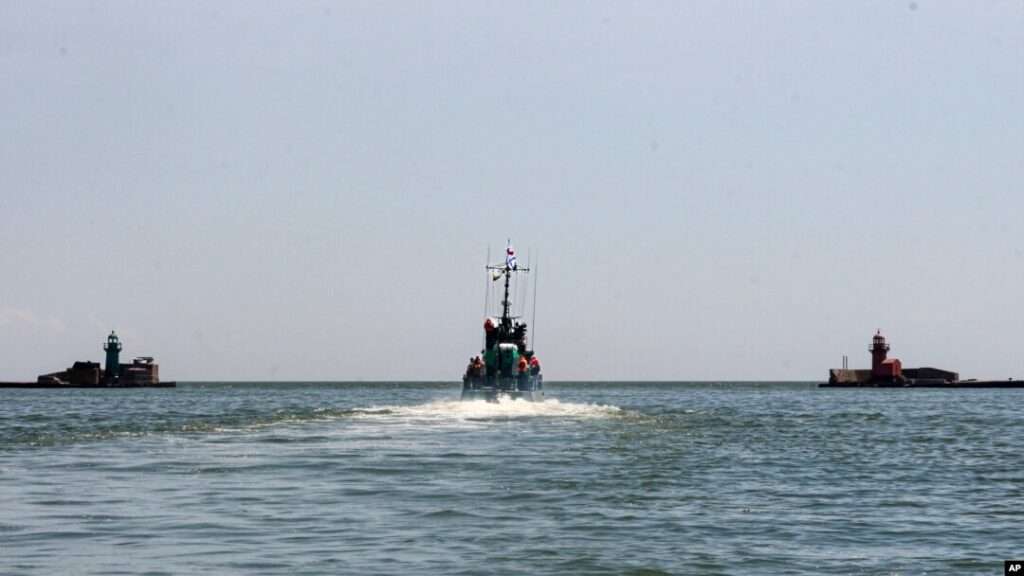
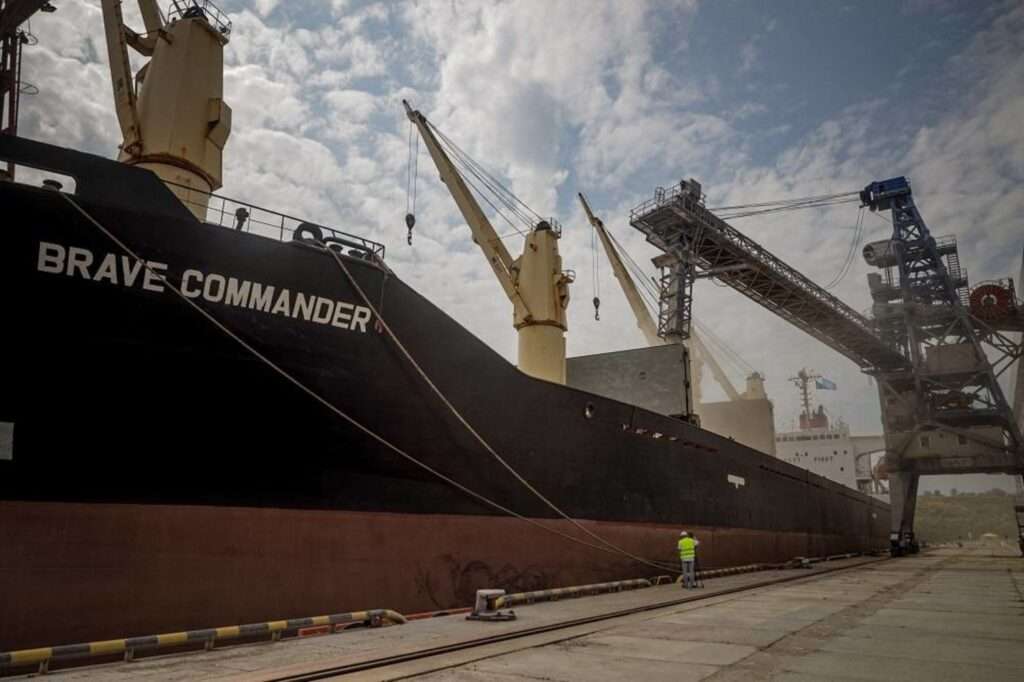
The Black Sea deal provided assurances that ships will not be attacked entering and leaving Ukrainian ports. A separate agreement facilitated the movement of Russian food and fertiliser – also critical to the global food chain.
While such exports are not subject to Western sanctions due to its invasion of Ukraine, Russia says restrictions on payments, logistics and insurance have become a barrier to shipments.
A key Russian demand has been for the Russian Agricultural Bank (Rosselkhozbank) to be reconnected to the SWIFT international payments system. The bank was cut off from SWIFT by the European Union in June 2022 over the invasion of Ukraine.
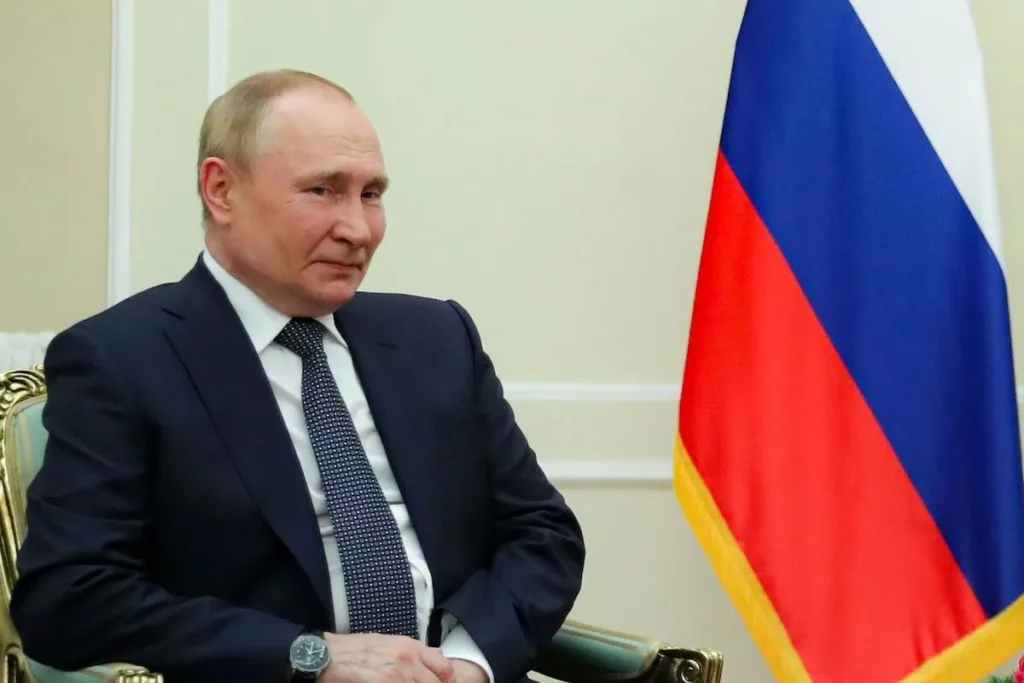

Pavel Felgenhauer, a Moscow-based defence and military analyst, said many in Russia had been calling for months for the deal’s cancellation.
“Russia was saying that it might terminate the grain deal for some time but each time, there were negotiations between President Vladimir Putin and Turkish President Recep Tayyip Erdogan and the deal was continued,” he told Al Jazeera.
Felgenhauer said he expected Erdogan to put pressure on Putin, adding that the deal would be discussed at a summit between the two leaders that is likely to take place next month.
“It’s been several times that Erdogan had managed to change Putin’s position on serious matters,” Felgenhauer said.
Last week, Putin said that the parts of the deal relating to Russia had not been implemented, so he was thinking of suspending its participation and that Russia would return to the deal once its conditions were met.
Russia has agreed three times in the past year to extend the Black Sea deal, but also briefly suspended its participation at the end of October in response to a drone attack on its fleet in Crimea.
Russia has also complained that not enough grain has reached poor countries.

The UN has argued that the arrangement has benefitted those states by helping lower food prices by more than 20 percent globally.
Nana Ndeda, humanitarian policy and advocacy Lead at Save the Children, told Al Jazeera the deal had enabled the stabilisation of global markets and the lowering of food prices in many parts of the world.
“What is likely to happen now is that those food prices will go up again,” she told Al Jazeera from Kenya’s capital, Nairobi.
“With that, countries will no longer be able to supply food to children and their families will no longer be able to access food and we’ll see an increase in malnutrition and food insecurity.”
SOURCE: AL JAZEERA
Richard Koomson| mediacentralonline.info |Ghana
kindly send us your stories on our WhatsApp line 0500004727



